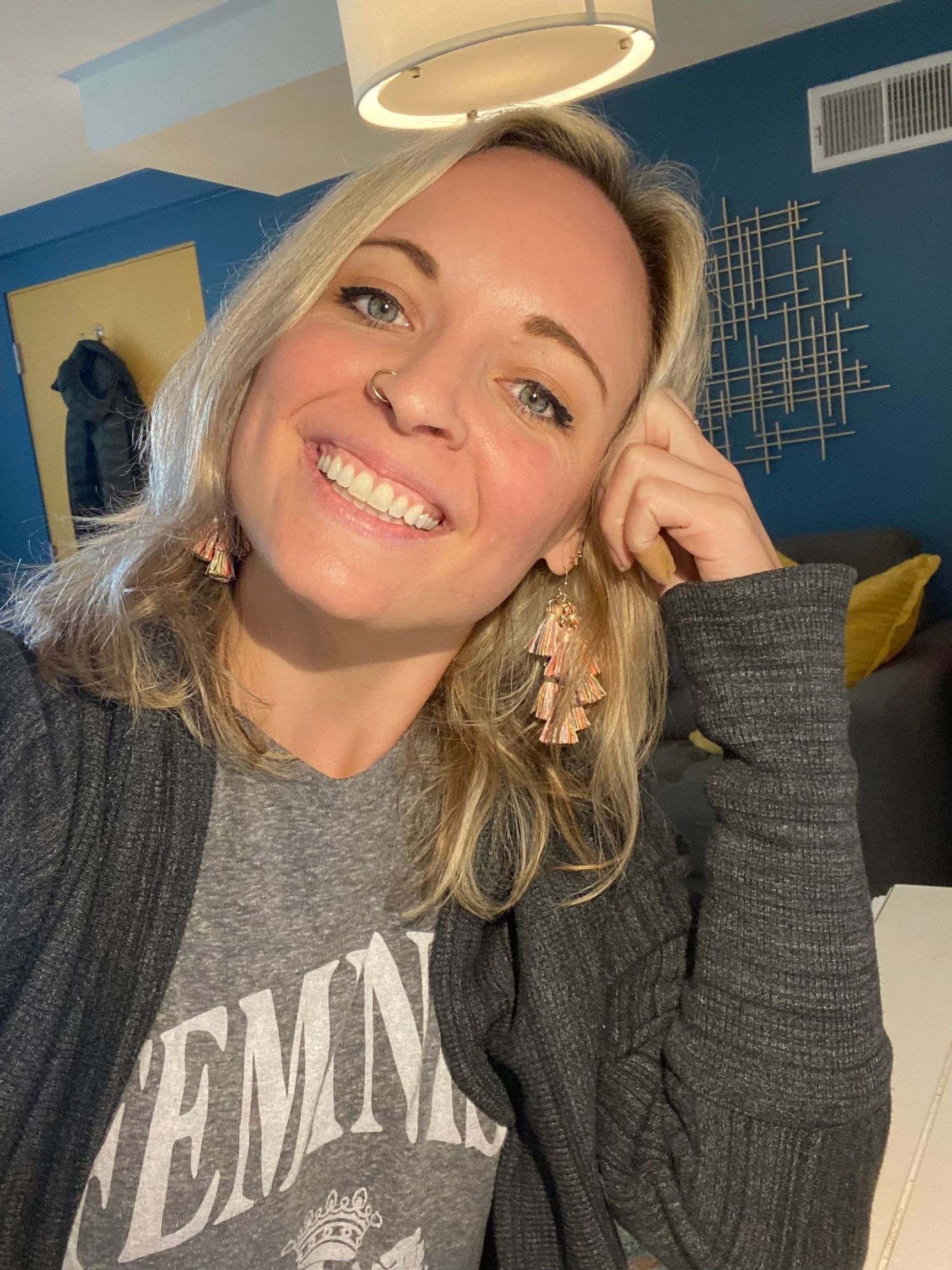Brooke Brandeberry, MS, CN, LMHC.

1. What's your practice focus and what kind of clients knock on your door ?
I work primarily with clients who have struggled with disordered eating. Some clients present with an active eating disorder, most commonly binge eating disorder, however, a large portion of my clients fall within the disordered eating realm.
2. Tell us about yourself.
Upon completing my undergraduate degree in psychology, I had my own personal experience with the connection between health behaviors and mental health. This led me to get my masters in nutrition and clinical health psychology. What I began to notice was that most of us struggle with living in our bodies, feeding our bodies, and listening to our bodies. I feel so honored to be able to help people heal this relationship so they can live a more intentional and balanced life.
3. Tell us the story of a patient who you are most proud of helping.
I love so many of my clients, it's impossible to choose one. I feel the most invigorated and fulfilled when I help women find their true voices, connect with their intuition, and start to live life in a way that empowers them. Healing your relationship with your body is directly tied to healing your relationship with your inner Knowing self. And it's a beautiful thing to witness.
4. What's one of the hardest things that comes with being a practitioner in private practice?
Once in a while there is a lull with clients and that can bring about some financial worry. Other than that though, I absolutely love working for myself and enjoy the freedom and autonomy that it comes with.
5. What are the top 3 tips you'd give to anyone looking to start, run and grow a private practice today?\
The top three tips I would give someone are.
- Know what your specific area of practice will be. Being too general makes it harder for clients to find you and I think makes it harder for you to feel truly engaged in sessions because you have the pressure to know everything about everything.
- Coordinate care with other professionals who are supporting your clients if possible
- Love what you do and practice boundaries so that you aren't spreading yourself too thin. Being able to fully show up to work everyday shows!
6. Where can people find you?
Website:
PsychologyToday URL:
https://www.psychologytoday.com/us/therapists/brooke-brandeberry-lynnwood-wa/307874
